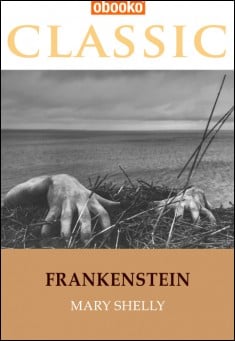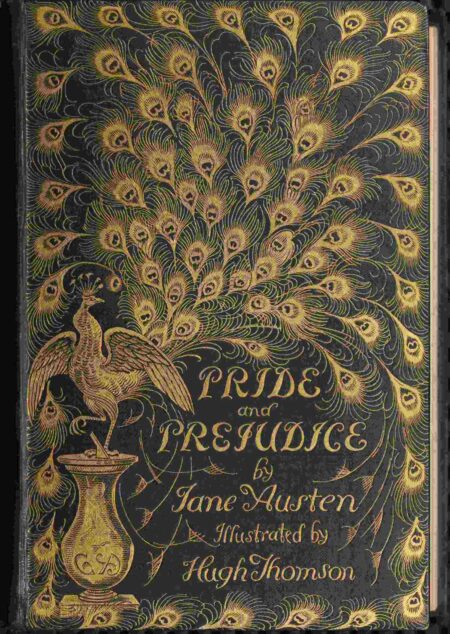Description
Great Expectations, novel by Charles Dickens, first published serially in All the Year Round in 1860–61 and issued in book form in 1861. The classic novel was one of its author’s greatest critical and popular successes. It chronicles the coming of age of the orphan Pip while also addressing such issues as social class and human worth.
Great Expectations works on a number of levels: as a critique of Victorian society and as an exploration of memory and writing. However, it is perhaps more importantly a search for true identity. During the course of the novel, Pip comes to realize that his “great expectations”—social standing and wealth—are less important than loyalty and compassion. Great Expectations was also noted for its blend of humour, mystery, and tragedy. In the original ending of the work, Pip and Estella were not reunited, but Dickens was persuaded to write a happier conclusion.
The novel was an immediate success upon its publication in the 1860s. George Bernard Shaw notably hailed it as Dickens’s “most compactly perfect book.” Great Expectations inspired numerous adaptations, including an acclaimed 1946 film directed by David Lean.











Reviews
There are no reviews yet.